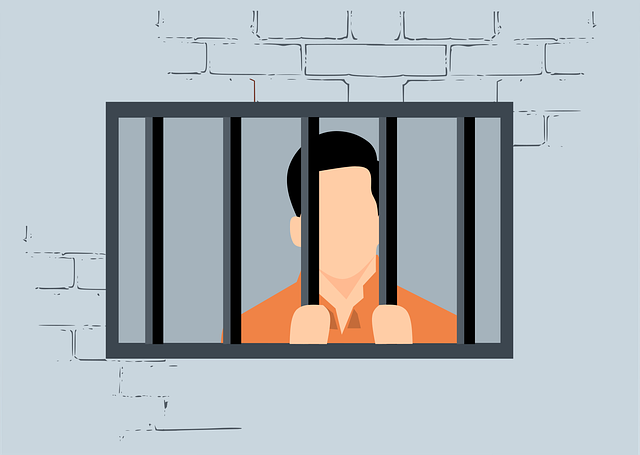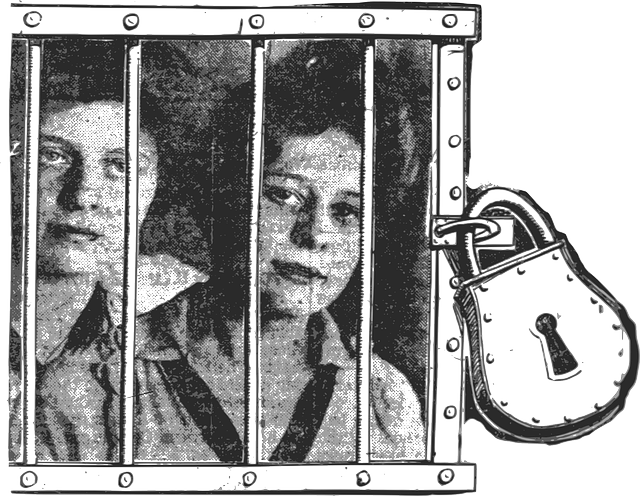Drunk driving doesn't just carry legal consequences—it profoundly impacts mental health. The fear of arrest, penalties, and license loss can lead to severe emotional distress, anxiety, and depression. The stigma associated with DUI exacerbates these issues, leading to social isolation and low self-esteem. Professional help, like therapy or support groups, is vital for rehabilitation, offering safe spaces to process experiences, address underlying problems, and develop coping strategies. Prioritizing mental health during and after impaired driving incidents is crucial for long-term recovery and preventing future reckless behavior, with services including counseling, therapy, and mentorship tailored to overcome challenges and foster growth.
After a DUI arrest, individuals face not only legal repercussions but also significant mental health impacts. This article delves into the complex landscape of insurance adjustments post-DUI, offering guidance on navigating challenging situations with insurers. We explore strategies for recovery and rehabilitation, emphasizing the importance of support resources tailored to those affected by impaired driving. Additionally, we provide insights on rebuilding one’s life after a DUI conviction, highlighting paths to healing and moving forward.
- Understanding the Impact of DUI on Mental Health
- Navigating Insurance Adjustments After a DUI Arrest
- Support Resources for Recovery and Rehabilitation
- Strategies to Rebuild and Move Forward Post-DUI Conviction
Understanding the Impact of DUI on Mental Health

The impact of a DUI (drunk driving under influence) extends far beyond legal consequences, significantly affecting an individual’s mental health. Impaired driving can lead to severe emotional distress, anxiety, and depression due to the fear of arrest, legal penalties, and potential loss of license. The stigma associated with DUI can further exacerbate these issues, leading to social isolation and low self-esteem. Many individuals struggle with guilt and shame post-arrest, which may manifest as insomnia, irritability, or even suicidal thoughts.
Addressing mental health in the context of impaired driving is crucial for effective rehabilitation. Seeking professional help, such as therapy or support groups, can provide individuals with a safe space to process their experiences, work through underlying issues, and develop coping strategies. Understanding the connection between mental health and impaired driving helps in creating comprehensive support systems that promote healing and prevent future instances of reckless behavior.
Navigating Insurance Adjustments After a DUI Arrest

Navigating insurance adjustments after a DUI arrest can be challenging, especially considering the broader implications on mental health and impaired driving. When an individual is arrested for driving under the influence, their insurance provider typically initiates an adjustment process to assess the risk associated with insuring this driver. This often involves a thorough review of the incident details, including legal outcomes, and may lead to policy changes or even non-renewal.
The impact on mental health cannot be overlooked during this period. The stress of a DUI charge can trigger anxiety and depression, exacerbating existing conditions. It’s crucial for individuals to prioritize their well-being while managing insurance adjustments, potentially seeking support from counseling services or support groups to cope with the stigma and emotional toll associated with impaired driving.
Support Resources for Recovery and Rehabilitation

After a DUI (Driving Under the Influence) arrest, individuals often face not only legal consequences but also personal challenges related to mental health and impaired driving. This critical period requires support resources for recovery and rehabilitation to address the multifaceted impacts of such an incident. Many organizations and community programs offer specialized services tailored to help those struggling with alcohol or substance abuse issues. These programs can provide counseling, therapy, and mentorship, focusing on strategies to manage addiction and prevent future incidents.
Support groups and mental health professionals play a vital role in helping individuals cope with the emotional and psychological effects of impaired driving. They offer safe spaces for sharing experiences, gaining insights from peers, and learning effective coping mechanisms. These resources are essential for long-term recovery, ensuring that individuals not only avoid reoffending but also develop healthy habits and resilient mental states to navigate life’s challenges without relying on substances.
Strategies to Rebuild and Move Forward Post-DUI Conviction

After a DUI conviction, many individuals face significant challenges in their personal lives, including navigating insurance adjustments and rebuilding their future. A crucial step in moving forward is prioritizing mental health and addressing any underlying issues that contributed to impaired driving. Seeking professional counseling or joining support groups can help process emotions, develop coping strategies, and foster personal growth. This period offers an opportunity for self-reflection and making positive changes.
To facilitate the healing process, create a structured plan. Set short-term goals like attending traffic safety courses or completing community service hours to regain driving privileges. Longer-term objectives may include pursuing education or training to enhance employability and build a support network of family, friends, and mentors who can provide encouragement throughout the journey. By focusing on personal development and embracing change, individuals can transform their lives post-DUI conviction.
A DUI arrest significantly impacts not only one’s legal standing but also their mental health. Understanding these effects is crucial for navigating post-arrest insurance adjustments, which can be complex due to heightened risk perceptions. Accessing support resources for recovery and rehabilitation is essential for healing and rebuilding one’s life. By employing strategies to move forward post-conviction, individuals can overcome challenges and reclaim their future, prioritizing mental well-being in the process. Remember that with dedication and the right resources, it is possible to transform from a mistake into a catalyst for positive change.






